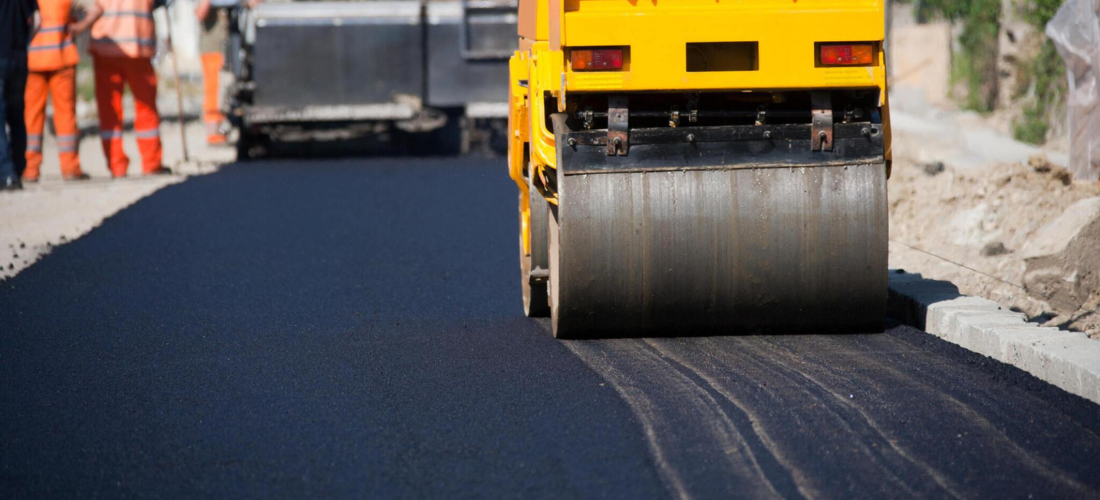Road maintenance is undergoing a remarkable transformation, thanks to the advent of advanced road resurfacing machines. These state-of-the-art technologies are revolutionizing the way we repair, resurface, and extend the life of our roads. In this blog post, we’ll explore the advanced technology behind road resurfacing machines and how they are shaping the future of our transportation infrastructure.
The Evolution of Road Resurfacing Machines
Traditionally, road resurfacing involved labor-intensive processes with significant manual effort. However, with advancements in technology, modern road resurfacing machines have become powerful, efficient, and precise tools for maintaining and upgrading road surfaces.
Key Technologies Driving Road Resurfacing Machines
1. Automated Control Systems:
Advanced road resurfacing machines are equipped with automated control systems that ensure precision in the application of materials. These systems use sensors and GPS technology to optimize the distribution of asphalt or other resurfacing materials, resulting in a more even and durable road surface.
2. Material Recycling Technology:
Some road resurfacing machines incorporate material recycling technology, allowing for the reuse of existing road materials. This not only reduces waste but also contributes to cost savings and environmental sustainability.
3. Paving Efficiency:
Modern road resurfacing machines are designed for increased paving efficiency. They can cover larger areas in less time, reducing road closure durations and minimizing disruptions to traffic flow.
4. Smart Compaction Systems:
Intelligent compaction systems are integrated into road resurfacing machines to ensure proper compaction of the newly applied materials. These systems use real-time feedback to adjust compaction efforts, resulting in a more resilient and longer-lasting road surface.
5. Telematics and Data Analytics:
Telematics technology enables remote monitoring and management of road resurfacing machines. Data analytics tools provide insights into machine performance, material usage, and overall project efficiency, allowing for better decision-making and optimization of maintenance processes.
Benefits of Advanced Road Resurfacing Machines
1. Cost-Effectiveness:
The efficiency and precision of modern road resurfacing machines contribute to cost savings. Reduced material waste, faster project completion, and lower labor requirements all contribute to the overall cost-effectiveness of these technologies.
2. Sustainability:
Incorporating material recycling technology and optimizing material usage make road resurfacing machines more environmentally sustainable. These technologies align with global efforts to reduce the environmental impact of construction and maintenance activities.
3. Enhanced Durability:
The advanced technologies integrated into road resurfacing machines result in a more durable and resilient road surface. This increased durability translates to longer lifespans for roads, reducing the frequency of maintenance interventions.
The Future of Road Maintenance As technology continues to advance, the future of road maintenance looks promising. The integration of artificial intelligence, robotics, and further innovations in materials and processes will likely further enhance the efficiency and sustainability of road resurfacing machines. These advancements will not only benefit communities by providing smoother and safer roads but also contribute to a more sustainable and resilient transportation infrastructure. As we embrace the era of smart roads, the role of advanced road resurfacing machines will be pivotal in sha

